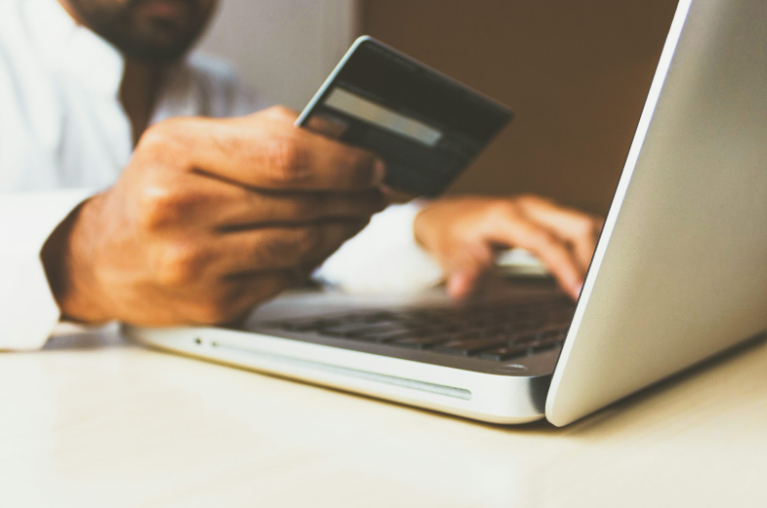How To Safely Use Your Money Online
- Editorial Staff

- Oct 7, 2024
- 3 min read
Online shopping has changed the way we transact, adding a layer of convenience to our lives. Whether you want to purchase new clothes, furniture, groceries, entertainment or a holiday, it can all be done online without ever having to leave your home.
However, you must protect your finances online, as cybercriminals are always trying to capitalise on unsuspecting or ignorant internet users. Following the advice below will ensure your online transactions are protected and you have complete control of your funds.

Only Use Reputable Websites
If you are planning to shop at a new retailer you don’t recognise, you need to first do your research into the validity of the website.
There are a couple of things you can do before completing the transaction, including:
Read any online reviews you can find to see how other customers’ experiences were.
Make sure the site is secure by having “https://” and a padlock symbol in the URL bar.
Click through several pages of the website to check for spelling mistakes, contact information, and privacy policies.
For example, if you enjoy gambling, you have a wide range of online casino options to choose from. To ensure you’re playing at a reputable casino, you should check out the reputation of the brand, read customer reviews, and check the site’s licensing. While reviewing quick payout casinos in the UK, writer Bram Welch found that many fast transaction casinos come with secure payment methods, such as cryptocurrency, and robust security protocols.
As another example, you should always read through customer reviews of an eCommerce site you’re using for the first time. It’s important to read beyond the five-star reviews, as these could have easily been written by the domain owner.
Shop Online With A Secure Connection
Whenever possible, avoid using public WiFi for any online transactions, whether that’s shopping at ASOS or checking your bank statements on your banking app. It’s always best to use a secure WiFi connection, like your personal WiFi at home or a password-protected network for any financial activities, like paying bills or shopping.
Consider Using Your Credit Card
Credit cards offer you a measure of protection not offered by EFTs. For example, if there is a problem with your order and the merchant refuses to issue a refund, you can simply get your bank involved to get the money back.
In the UK, there are two levels to this, including rights under Section 75 of the Consumer Credit Act and Chargeback Rights:
Section 75: If the item costs between £100 and £30,000 then the credit card company and the seller both have responsibility for the unsatisfactory items.
Chargeback rights: If an item doesn’t arrive or is defective, you have 120 days to claim a refund.
Credit cards are also beneficial since the transactions can take up to a few days to clear. That means that if the retailer was a scammer or the items never arrived, you have time to lodge a dispute. If you pay using a debit card or EFT, the money will be almost instantly taken from your account, and getting it back can be a hassle.
Use Antivirus Software
If you access a fraudulent website or click on a spam email pretending to be from a legitimate retailer, you could potentially install a virus on your device. These viruses have become innovative, accessing passwords and bank account login details.
To protect your personal and financial information, it is best to use reliable antivirus software that can block viruses from being installed on your device.
Opt For An Online Payment Service
A service like PayPal is a good idea if you don’t want to share your credit card or bank information online. A licenced payment service acts as the middleman between you (and your bank account) and the retailer. It prevents the seller from being able to see your financial information.
Payment services not only benefit the buyer but can also prevent the seller from falling victim to someone pretending to be interested in their products. If you want to shop online safely, look for a payment service that is verified as Visa Secure or Mastercard Secure.
Final Thoughts
Online retail and entertainment have made life a lot more convenient. You can purchase anything you want, order from your favourite restaurants, and book holidays abroad, all thanks to online transactions. But along with this convenience comes inherent risks as you’re sharing personal data online.
By only accessing reputable, reliable and secure websites from a private WiFi network you’ll be able to prevent scammers from accessing your finances. You can also take additional precautions, like using a payment service and installing antivirus software to ensure you’re always financially protected.
Related Content



